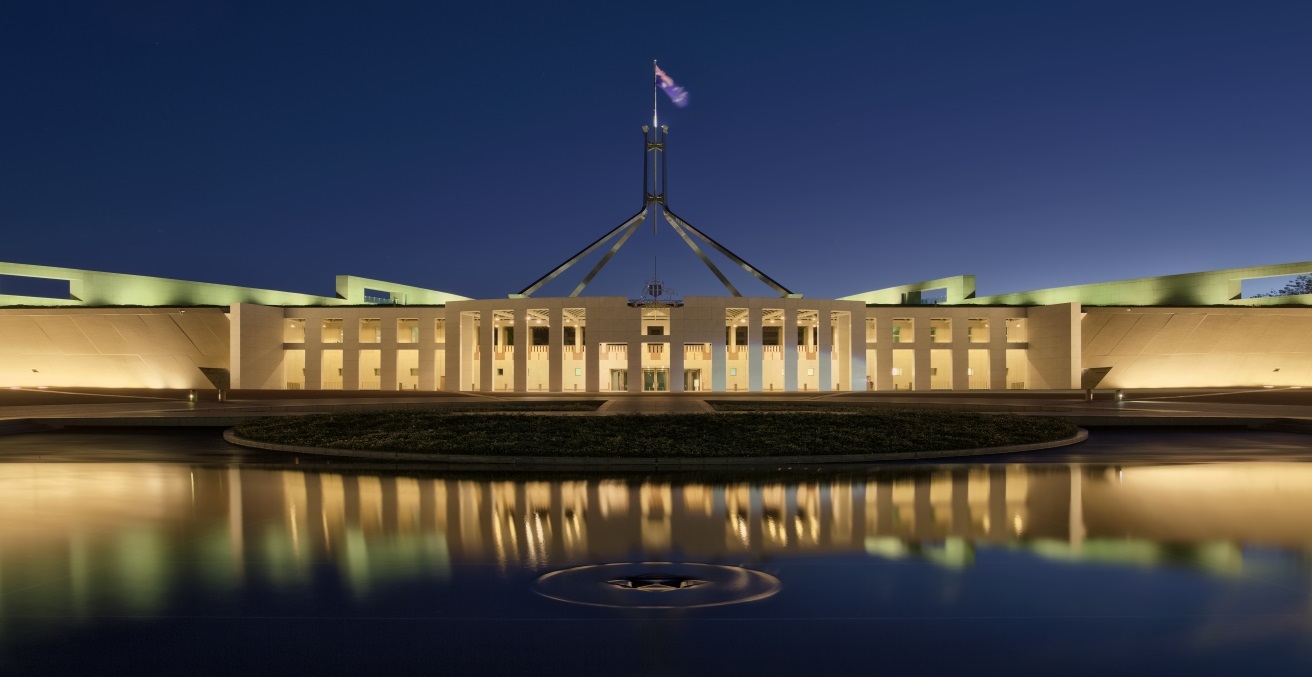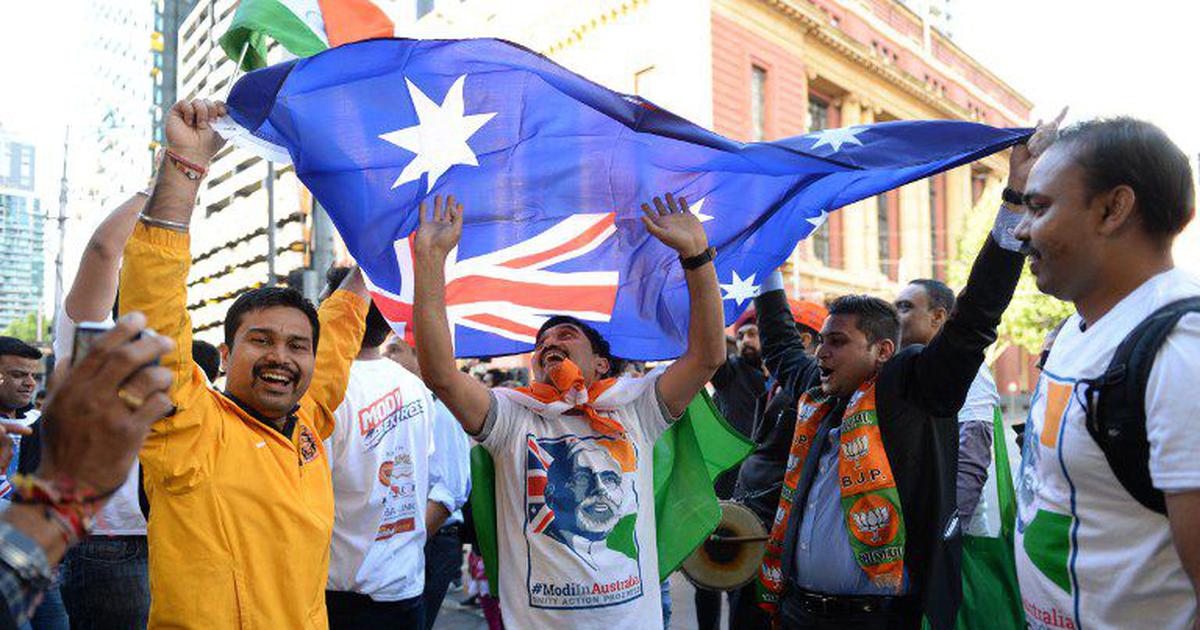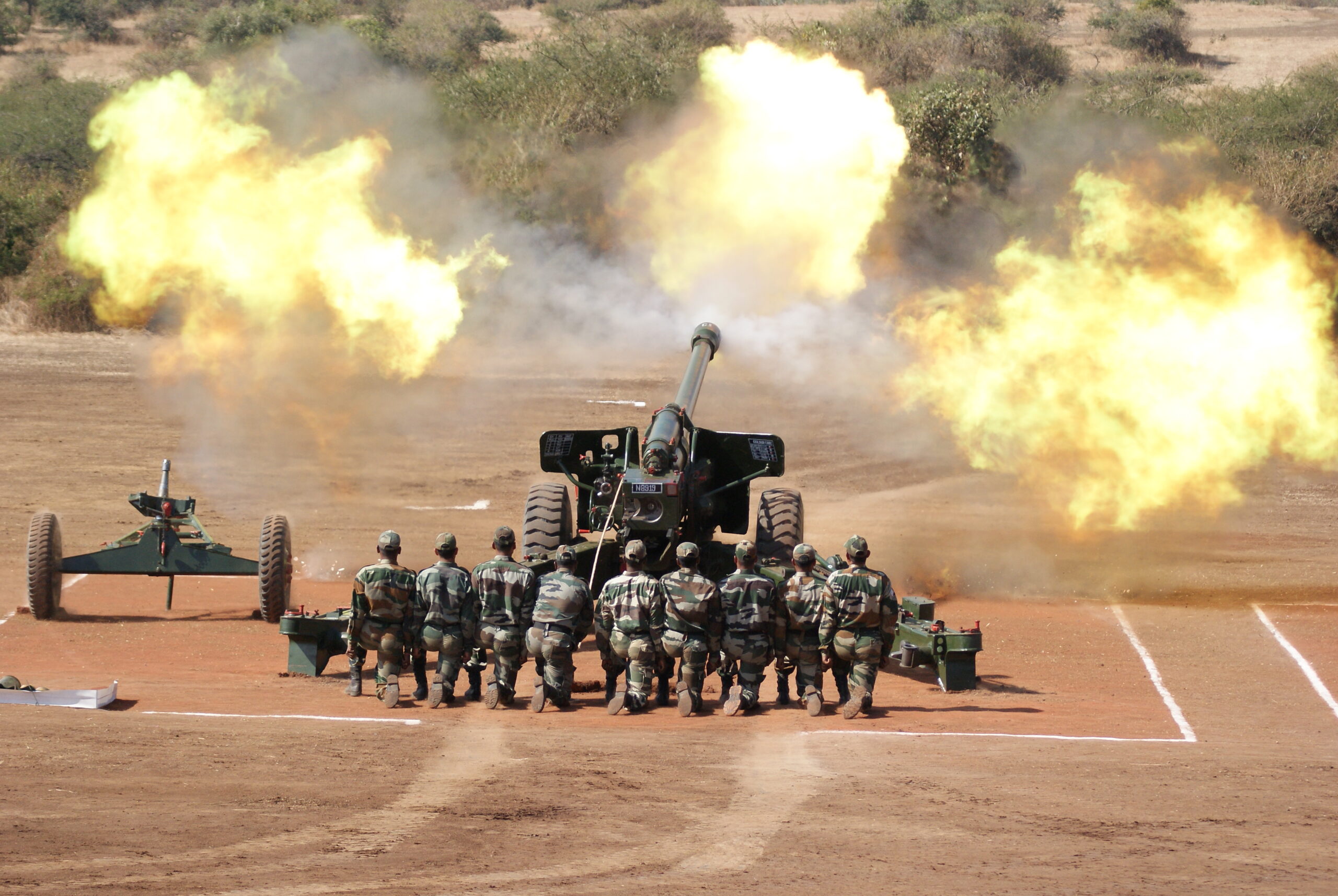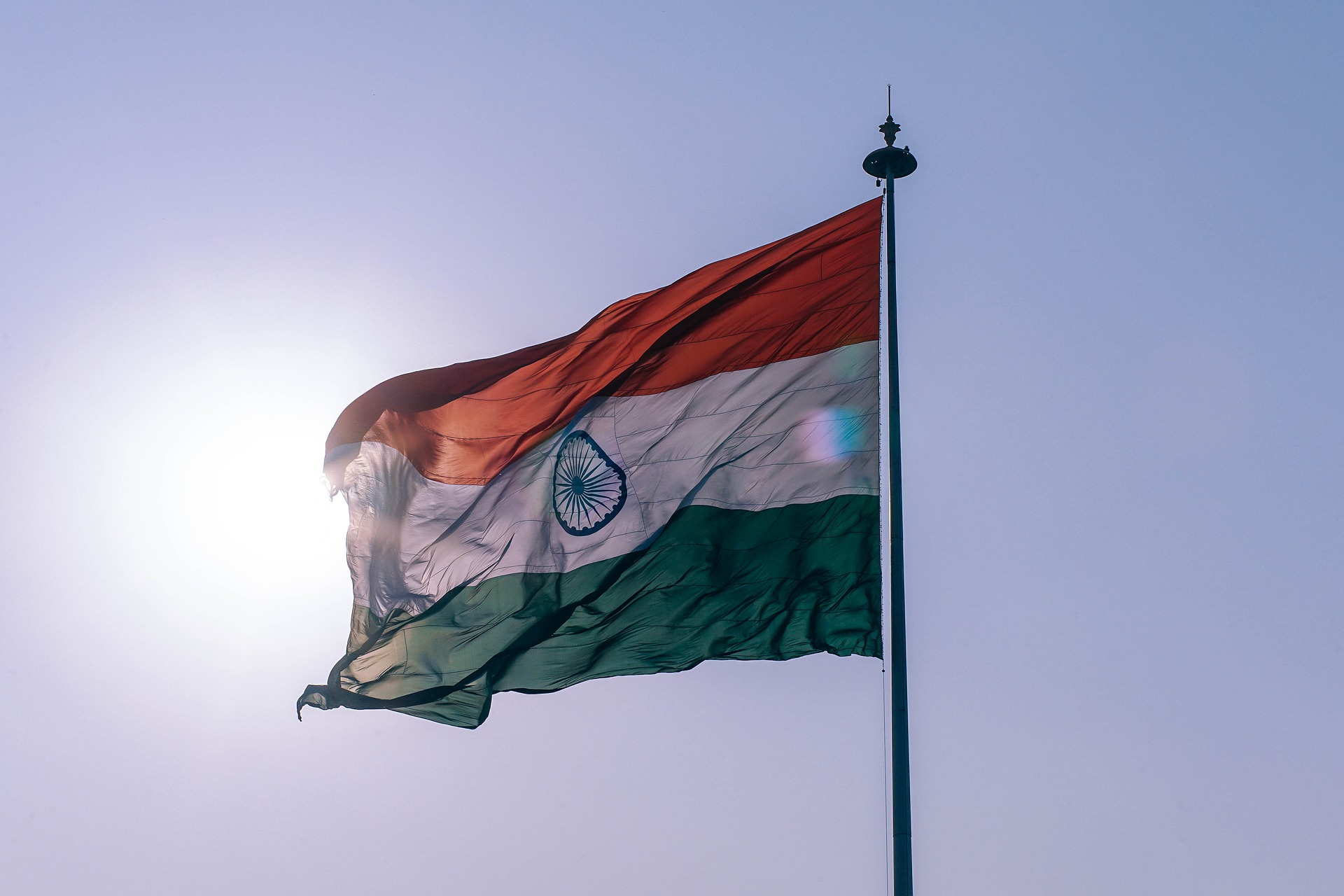The new anti-terrorism law in the Philippines is aimed at addressing violent extremism and terrorism. However, imprecision in defining terrorism has blurred its boundary with armed conflict, which means the law can be misappropriated to close the space for peacebuilding in the Mindanao region.
On 3 June 2020, the Philippine House of Representatives passed the Anti-Terrorism Act of 2020, which replaces the Human Security Act of 2007. Although the act is promulgated to address violent extremism and terrorism, its imprecise definitions of violent extremism and terrorism make it challenging to differentiate these phenomena from armed conflicts. Meaningful differentiation will be especially complicated in the Southern Philippines, where armed conflicts and violent extremism, albeit two separate phenomena, are spatially overlapped and parallelly fuelled by both grievance and greed-based root causes: injustice, discriminations, exclusion, exploitation of natural resources, and clan-based feuds. In this context, the authoritarian populist government of the Philippines, with its appalling record of human rights violations in recent years, can misappropriate the act to designate the actors of conflicts as terrorists, and thereby close much-needed space for peacebuilding.
Conflict dynamics and the spaces for peacebuilding in Mindanao
Violent conflicts between several armed groups representing the Muslim Moro ethnic and indigenous people and the Philippine government have persisted since the 1960s. The most notable of these groups are the Moro National Liberation Front (MNLF) and its breakaway faction, the Moro Islamic Liberation Front (MILF), which split from the MNLF after it entered the Tripoli Agreement with the Philippine government in 1976, brokered by Muammar Gaddafi. The MILF also rejected the 1996 peace agreement, in which the MNLF and the government agreed on self-autonomy by creating the Autonomous Region of Muslim Mindanao (ARMM). The MILF also rejected the ARMM and has continued wage armed conflict with the Philippines government.
After several rounds of failed peace negotiations, an agreement was reached between the MILF and the government in 2014, which led to the creation of the Bangsamoro Autonomous Region in Muslim Mindanao in March 2019. However, diminishing trust in government institutions, a lack of adequate peace dividends, and the fracturing of the radical and separatist fronts make the peace process remarkably fragile.
Another prominent conflict line is the communist insurgency with the Communist Party of the Philippines (CPP) and its armed wing, the New People’s Army (NPA), at the center. The CPP-NPA, mostly active in the provinces outside of Muslim Mindanao, has been waging an armed insurgency based on the radical communist ideology of revolutionary social and political change since 1969.
In the early 1970s, the communist insurgency gained momentum by attracting youth who had been antagonised and radicalised by the martial law imposed by Ferdinand Marcos’s dictatorship in September 1972. In the 1990s, counter-insurgency operations and internal splits weakened the CPP-NPA. However, the insurgency has survived and become a left-wing social movement by combining the CPP-NPA’s tactics of armed violence and non-violent social activism by its political front, the National Democratic Front (NDF). In December 2017, President Duterte declared the CPP-NPA a terrorist organisation. This has formally closed the peacebuilding space with the communist insurgency, although several rounds of unsuccessful peace talks have occurred behind-the-scenes since 2017.
Overlap between conflict and violent extremism
Decades of failed peace processes, persistent socio-economic inequalities, pervasive clientelist politics, corruption, and the marginalisation of the periphery by the centre have fuelled militancy and created conditions for radicalisation of youth into violent extremism in the Mindanao region. This was evident in the Marawi crisis, which resulted from terrorist attacks by pro-ISIS local Islamic militant groups in 2017.
When violent extremism overlaps with armed conflict, a “hard security” approach that involves surveillance, policing, and the implementation of anti-terror laws is not enough to transform conflicts and address extremist violence. A hard security approach must be combined with a “soft approach” based on an understanding of social, cultural, economic, and political drivers of extremist violence. This allows government and non-government actors to play a critical role to address violent extremism through peacebuilding and development.
Evolution of the Anti-Terrorism Act
The anti-terrorism bill was proposed in 2019 when the third extension of Mindanao-wide martial law, instated in May 2017 in response to Marawi crisis, was approaching its expiration date. Although the crisis affected a minuscule area of Mindanao, the president put the entire region under martial law and accorded extraordinary powers to the military to pursue stringent counterinsurgency operations. The military used these powers well beyond the Marawi area to escalate its war against the communist insurgency.
Martial law was lifted in January 2020, yet the “state of emergency” issued in September 2016 continues in Mindanao. As martial law could not be indefinitely extended, the government proposed the Anti-Terrorism Act. The act provides essentially the same powers as had been accorded by the martial law to the security personnel across the entire country without an expiration date. This indicates the government’s intention to undertake a hard security approach to address violent extremism, but it negatively affects peacebuilding efforts.
How can the act close the spaces for peacebuilding?
The broader definition of terrorism and the attendant restriction of human rights and fundamental freedoms stipulated by the act pose a particular challenge to peacebuilding actors. The vague definition of terrorism includes acts intended to cause “death or serious bodily injury to any person”, “extensive damage and destruction” to a government facility, private property, or critical infrastructure with a purpose to “create an atmosphere or message of fear”, “intimidate the public”, or “seriously destroy the fundamental political, economic and social structures of the country.” Particularly concerning is the new Anti-Terrorism Council (ATC), to be formed under the Anti-Terrorism Act consisting of members appointed by the executive, which will permit the authorities to arrest people it designates as “terrorists” without a judicial warrant.
The two groups that have borne the brunt of the Human Security of Act of 2007 and almost three years of Mindanao-wide martial law have been Muslims and indigenous people, both being subjected to religious and ethnic profiling. While Muslims are targeted due to the self-determination struggle of the Moro people of Mindanao, the indigenous peoples are on the frontlines of the war between the Armed Forces of the Philippines (AFP) and the communist NPA. The indigenous peoples constitute about 70 percent of active NPA combatants in north-eastern Mindanao, where the conflict is most intense.
The main risk is that the new law allows for even more extensive targeting of civil society groups, including the members of the NDF, that are in some way aligned with insurgent movements but have thus far operated legally and above-ground. Such groups are critical for the success of peace processes, as they provide the interface through which peacebuilding actors create platforms for conflict parties and their constituencies to come together, overcome entrenched positions, and explore possible ways of transforming conflict.
While Muslims and Moro civil society will surely be affected, the principal target of this new law will be currently legal civil society leaders and organisations linked to the CPP, which Duterte proclaimed a terrorist organisation in 2017. Since then, the military has been intensively persecuting individuals and groups they perceive as too progressive. This has long been known as red-tagging, and has presented an existential threat to those targeted activists.
Peacebuilding requires strengthening local civil society and peace actors, enhancing local capacities to resolve conflicts non-violently, building institutional capacities, and promoting economic development and livelihood systems to transform cycles of conflicts and violence. However, because the definition of terrorism in the new act is so broad and imprecise, it can be misused to define “peace activism” as “terrorism” and “peace support” as “support to terrorism.” This is particularly likely given the fact that the dynamics of conflict and violent extremism overlap in the Mindanao region and peace activists need to reach out to those which are generally “unreachable” and perceived by the state as underground or illegal actors. Past experience in the Philippines shows that draconian laws further alienate conflict actors and their sympathisers, intensify youth radicalisation, and re-escalate violence.
The over-emphasis on a hard security approach through enacting the anti-terrorism law does not simply close the civic space, it will also enable the state to suppress those critical peacebuilding actors, both legitimate and underground, who could be engaged to sustainably resolve the protracted armed conflicts.
DB Subedi is a postdoctoral research fellow in the Department of Social and Philosophical Inquiry (SPI), School of Humanities, Arts and Social Sciences (HASS) at the University of New England in Australia. His research interest includes peacebuilding and conflict transformation; populism and nationalism; religion and politics, countering violent extremism; and security and development. Tweet: @db_npl
Balázs Áron Kovács is the Country Director in the Philippines of forumZFD – Forum Civil Peace Service, a German NGO working in the field of conflict transformation. He completed his PhD at the University of New England, Australia in Peace Studies/Politics and International Studies. His research interest includes state-society relations of the violent kind, peace- and state-building, and the interface of the local-national-international in peacebuilding.
This article is published under a Creative Commons License and may be republished with attribution.




